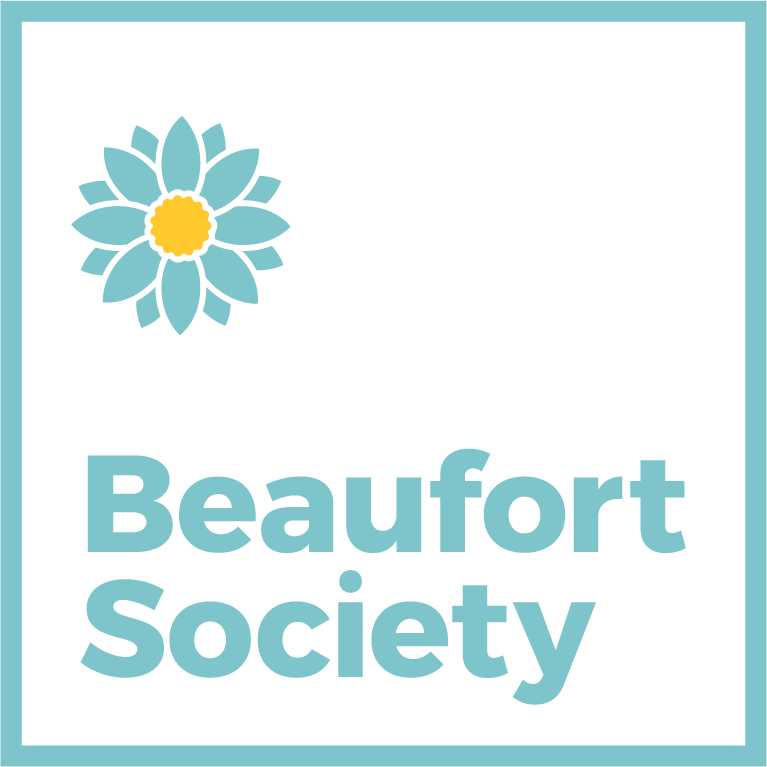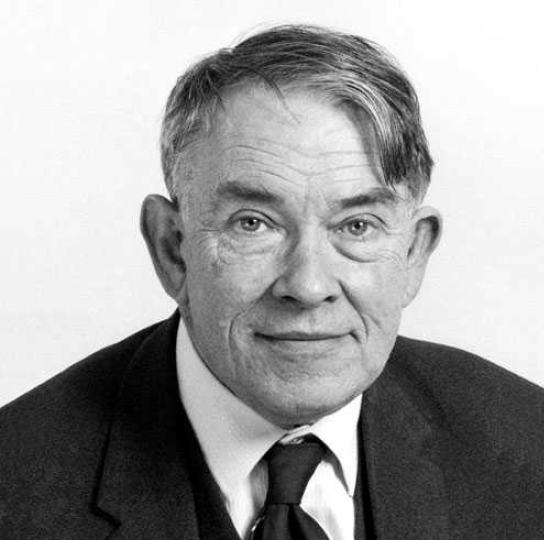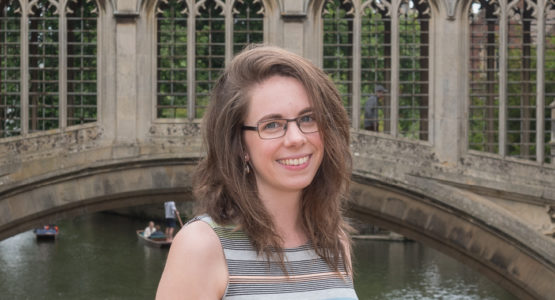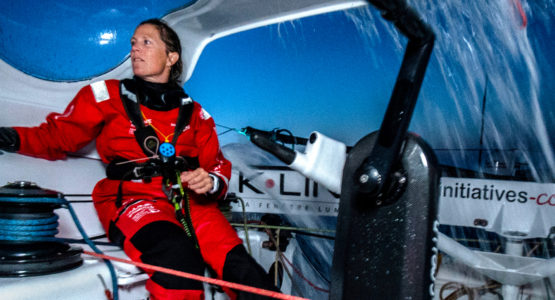
Before leaving a legacy to St John’s last year to help students in challenging circumstances, Walter Hayman (1943) was a child refugee, a Fellow of the Royal Society and a distinguished mathematician. His daughters Carolyn Hayman and Daphne Wassermann shed more light on Walter’s achievements, as well as on the hardships he overcame.
Walter left Cologne in 1938 as a child refugee to attend Gordonstoun School, which was founded by Kurt Hahn, his mother’s cousin. His way was paved with generosity, and family members paid his fees.
When all the other boys went home for Christmas, a friend of Hahn’s, Mrs Edwards, kindly invited him to stay with her. Though still only twelve years old, Walter understood what was happening back in Germany, and in Easter 1939 he asked her to invite his parents for a visit. Another distant relative then supported them in Oxford throughout the war.
Walter would have been pleased to know that his legacy is benefiting refugees: young people who arrive at Cambridge, like he did, with little but their hopes and ambitions
Carolyn Hayman and Daphne Wassermann, Walter’s daughters
Walter enjoyed his time at St John’s, making close friends with the other maths scholars and playing in the chess club. A fellow student introduced him to the Quaker meeting where he met his future wife, Margaret Crann, who was also a mathematician.

As a young man in a hurry, he was keen to marry, but his future parents in law imposed three conditions: he had to be 21, a British citizen and have a job. Hence Walter passed up the opportunity to stay on at St John’s and pursue his research there, taking up a lectureship instead at Newcastle University.
At one time the youngest Fellow of the Royal Society, Walter enjoyed a distinguished career. He continued to do research in collaboration with others around the world until his death at nearly 94, and his last co-authored book was published a few days after he died.
Never forgetting his own good fortune, Walter remained committed to helping refugees, serving as a council member of the World University Service and on the Council for At Risk Academics, and supporting Bail for Immigration Detainees (BID). Through BID he met Zoumana Bagayogo, a refugee from Cote d’Ivoire, who remains a close friend of his family.
Eternally grateful for the help he received in Britain after he arrived in the 1930s, by his will Professor Hayman left a legacy to St John’s that will be used to assist a student who is also a refugee or otherwise in straitened circumstances.





